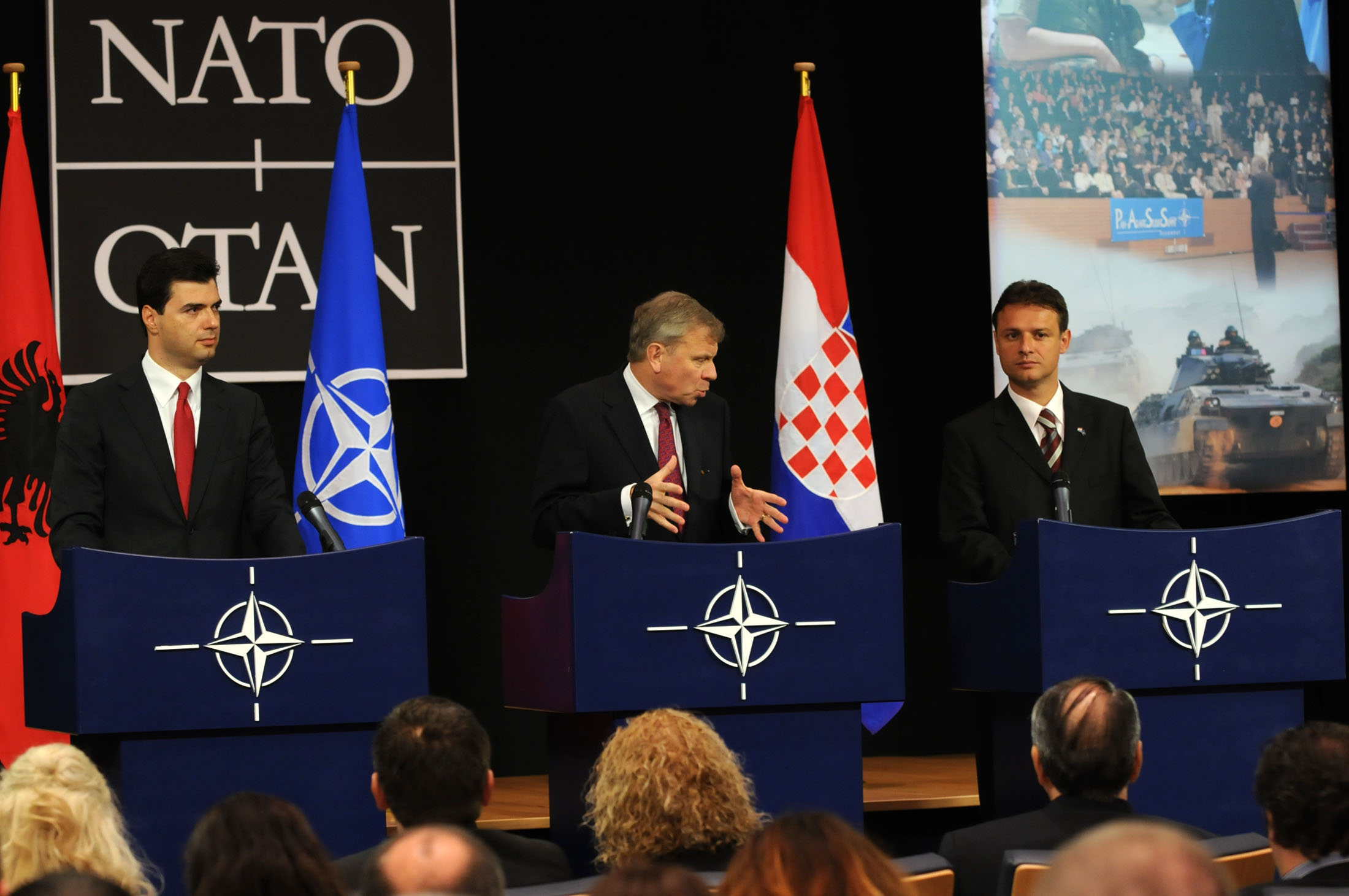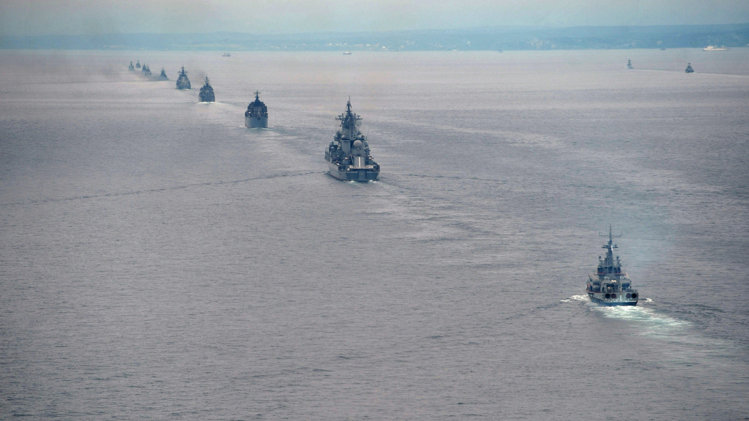The Albanian navy recently completed its first NATO operations in the Mediterranean since accession in 2009.
Albania-NATO relations have been growing closer since the collapse of the Soviet Union when Albania switched its strategic focus to the West. Albania joined the North Atlantic Cooperation Council in 1992 and simultaneously joined the Partnership for Peace and applied for full NATO membership in 1994.
Considering the initial transitionary struggle to reform to capitalism, the progress of the country is remarkable. Inexperience in liberal economic policy making led to the proliferation of pyramid schemes, which destabilized the economy in 1997. Despite this, a decade later the Albania economy grew at a rate of 5% in 2007 and Albania remains the only country in the Balkans to have avoided recession, though employment remains a challenge. This is especially note worthy considering the democratic growing pains going on within this period.
Albania has made strides in a short time toward democratic reform and maintaining the rule of law and ratified its constitution in 1998. Power oscillates between the Democrats and the Socialists, and not without strain, as seen in the 2009 elections.
Progress marches on however. The peaceful acceptance of defeat and transition of power from the incumbent Prime Minister Sali Berisha to his rival Edi Rama earlier this year shows that Albania has overcome the turbulence of the democratic implementation process. This demonstration of maturity opens the way for Albania to join the European Union.
NATO ships have for the first time used the Albanian port of Vlorë as part of their mine counter-measures. The NATO ships liased with Albanian colleagues in preparation for several exercises that were carried out together in the Mediterranean. On their departure from the port the Albanian Navy provided the Oriku and Archange ships to augment operations.
The Albanian contribution was well received, with commanding officer of the HMS Ledbury, Lt. Cdr. Justin Hains, remarking that: “I am very proud to have taken part in these exercises. The Albanian Navy and the City of Vlore have made us feel very welcome. I was delighted to see the high professional standards set by all of the ships involved. This was a great opportunity for our nations to practise working together at sea.”
Albania’s increased and successful participation as a new member of NATO is also something to admire. The enthusiasm with which Albania has engaged in NATO activities is indicative of the country’s desire to continue to progress and develop to reach a point of prosperity and stability enjoyed by other NATO and EU nations.




